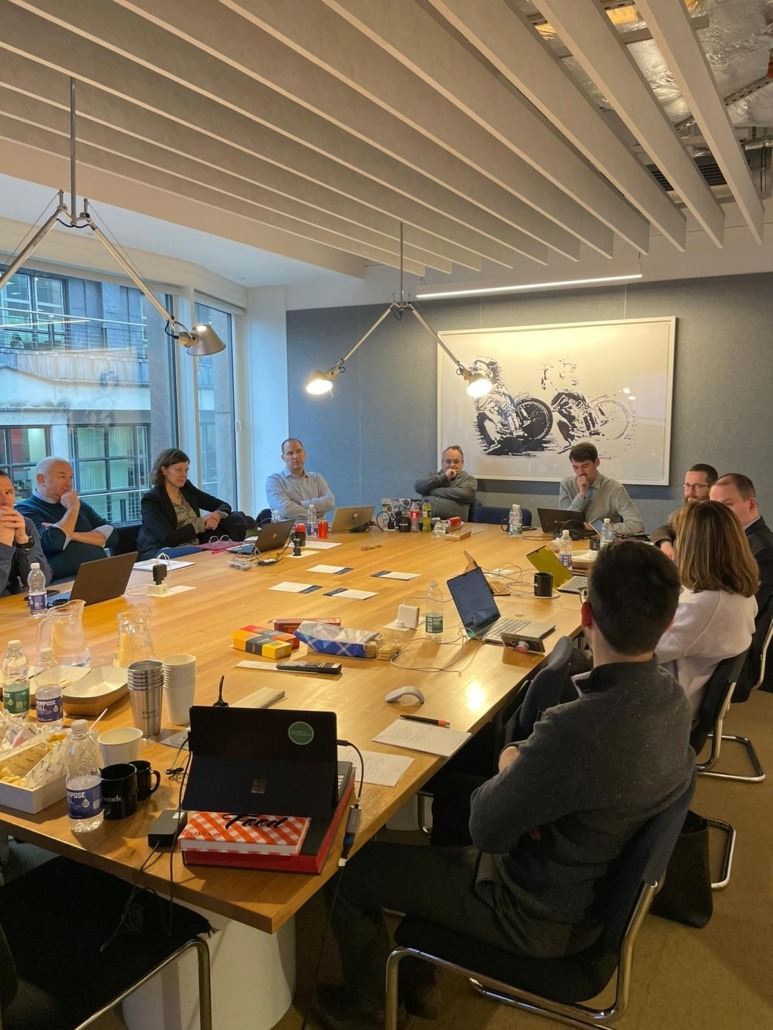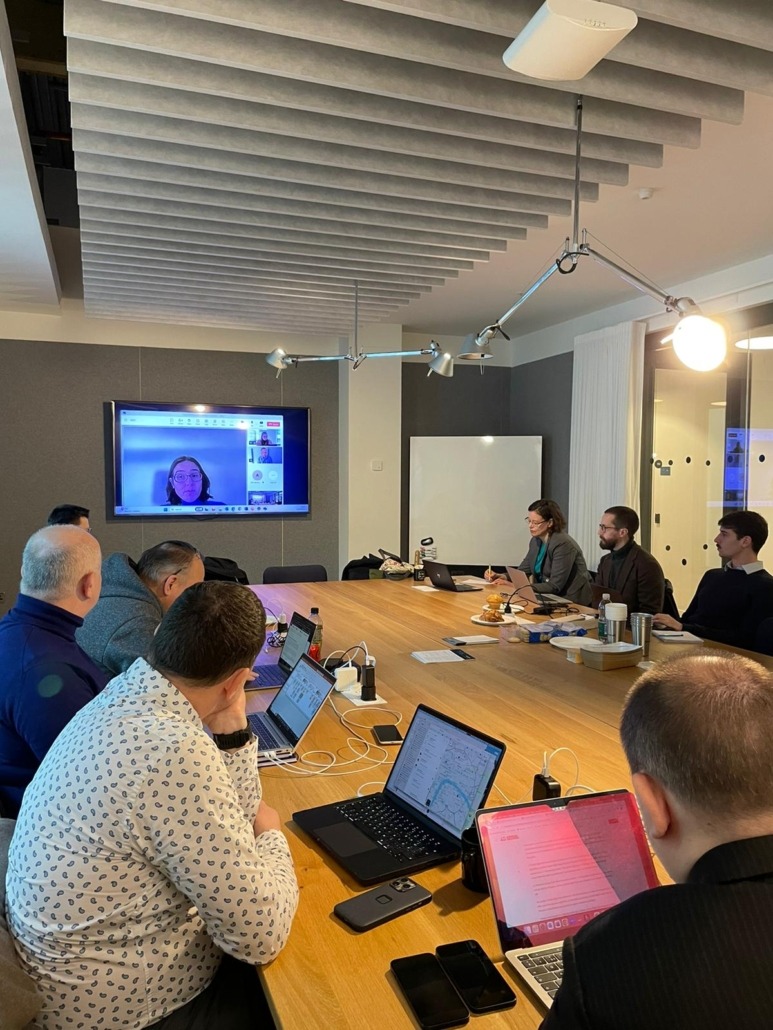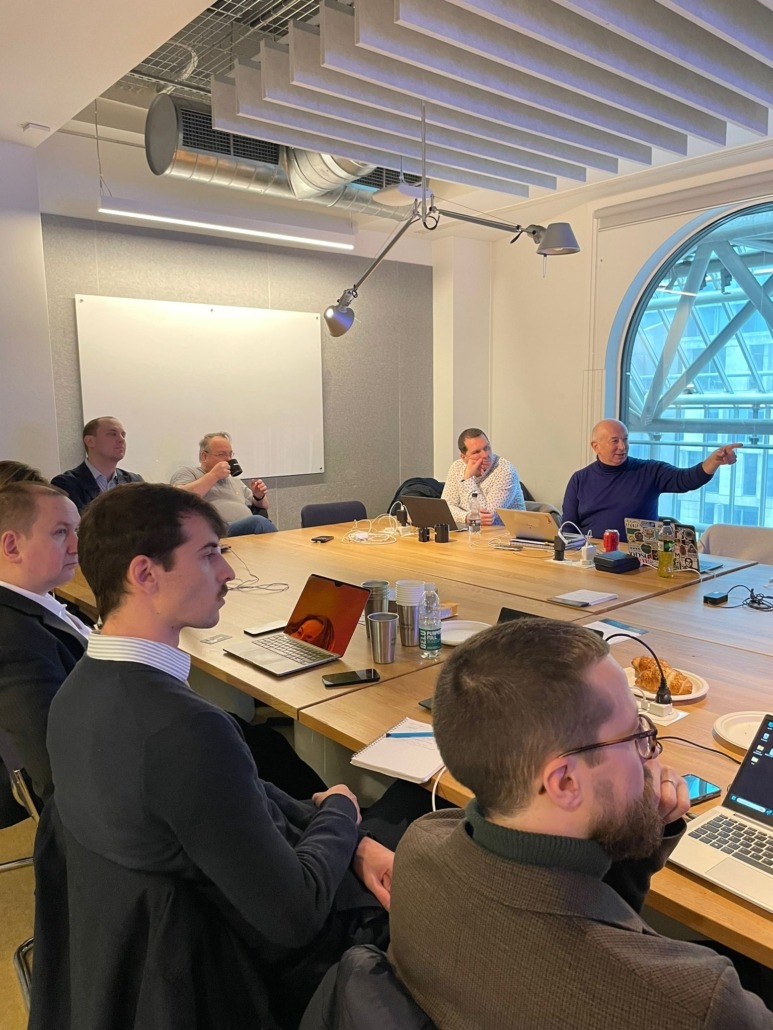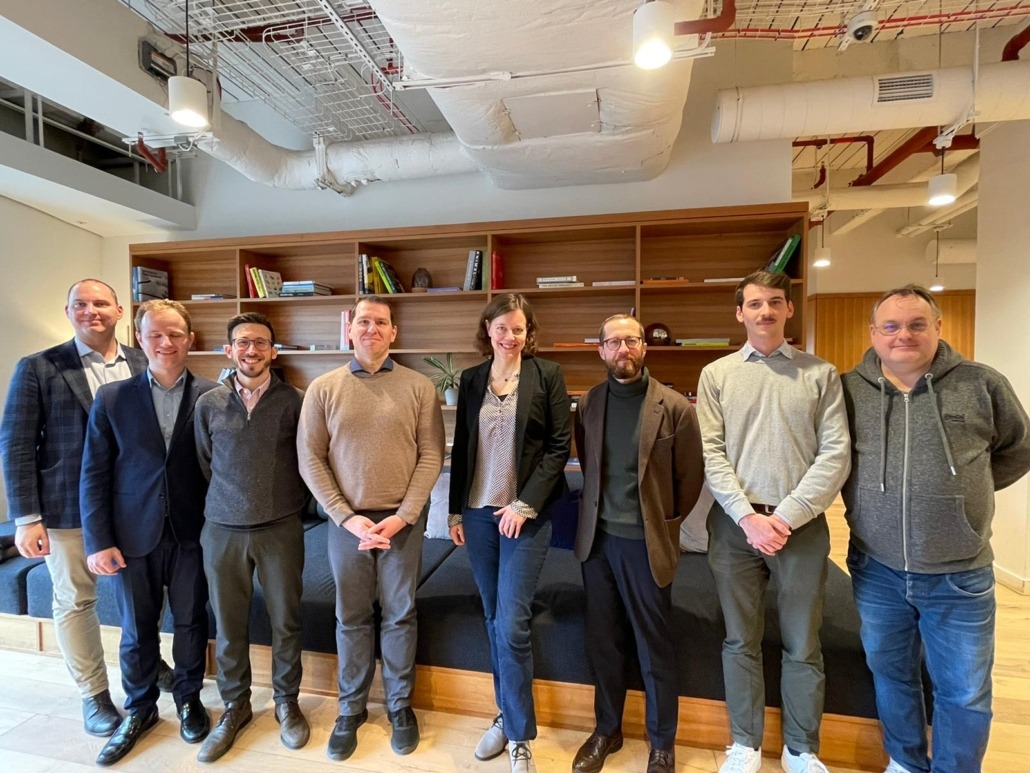Brussels, 23 January 2024 – EuroISPA, together with CCIA Europe and DOT Europe, coordinated the discussions among a coalition of more than 50 tech trade associations and organisations defending children rights on the proposal laying down rules to prevent and combat child sexual abuse.
All signatories share the same goal, which is to create and maintain a safe online environment for children, to detect and remove child sexual abuse (CSA) content online, and to ensure the investigation of offenders, in a manner that is compatible with privacy and human rights.
EuroISPA is particularly proud to see our members CZ.NIC, FiCom, ISPA Austria and ISPA Belgium as individual signatories of the statement, underlining the great commitment of European Internet Services Providers (ISPs) to eradicating online child sexual abuse.
Together, we have agreed to jointly call for a swift adoption of the ePrivacy derogation extension. Below are the main points of our joint call:
- In the absence of an agreement on the CSA Regulation and the soon-approaching sunset clause of the temporary ePrivacy Derogation, there is a high risk of a legal gap which would prevent interpersonal communications service providers from carrying out selected detection, reporting and removal work against child sexual abuse online.
- Proactive work against CSA has proven to be effective over the past decade. We therefore ask the European Parliament to support the Commission and the Council on this initiative and call on co-legislators to swiftly adopt the extension of the temporary ePrivacy derogation.
- We note however that this extension should only be considered as a transitory solution, as the core focus is to agree on a long-term framework, and promptly adopt the CSA Regulation.
All signatories remain committed to working towards legislation which stands the test of time and that is in the best interest of children.
Signatories: 5Rights Foundation, Agarrados à Net, ARSIS – Association for the Social Support of Youth, Asociația Eliberare, Association Novi Put, Brave Movement, Canadian Centre for Child Protection, Center for Missing and Exploited Children (Centar za nestalu i zlostavljanu decu), COFACE – Families Europe, Computer & Communications Industry Association (CCIA Europe), CZ.NIC (Czech Internet Association), Defence for Children International Nederland – ECPAT Nederland, Developers Alliance, Digital Poland Association (Związek Cyfrowa Polska), DOT Europe, ECPAT Albania, ECPAT Austria, ECPAT Belgium, ECPAT France, ECPAT International, ECPAT Luxembourg, ECPAT Norway, ECPAT Sweden, Eurochild, EuroISPA (European Internet Services Providers Association), FAPMI-ECPAT Spain (Federación de Asociaciones para la Prevención del Maltrato Infantil), FICE Croatia, FiCom (Finnish Federation for Communications and Teleinformatics), Fundacja Dajemy Dzieciom Siłę (Empowering Children Foundation), GSMA, Hintalovon Child Rights Foundation – ECPAT Hungary, “Hope for Children” – CRC Policy Center, IAC – Instituto de Apoio à Criança, ICMEC – International Centre for Missing & Exploited Children Singapore, Internet Watch Foundation (IWF), ISPA Austria (Internet Service Providers Austria), ISPA Belgium, ITI – The Information Technology Industry Council, Marie Collins Foundation, Missing Children Europe, Miúdos Seguros Na Net, Network for Children’s Rights (NCR) (Δίκτυο για τα Δικαιώματα του Παιδιού), Pomoc Deci, Safe Online, Save the Children Europe, Stiftung Digitale Chancen, Stop Sexting, Suojellaan Lapsia, Protect Children ry, Terre des Hommes Netherlands, The Pancyprian Coordinating Committee for the Protection and Welfare of Children, The Smile of the Child, Video Games Europe and WeProtect Global Alliance






